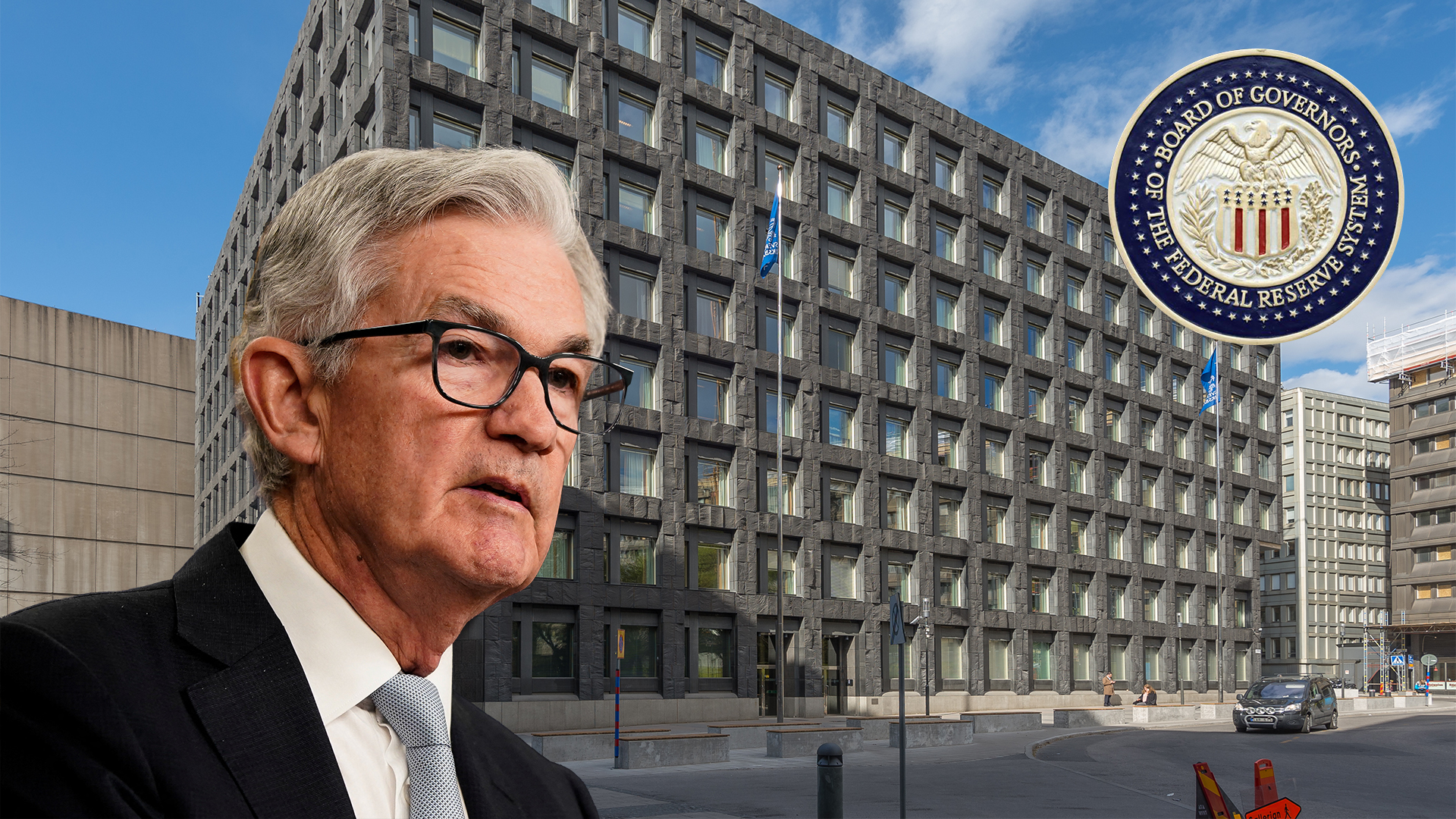By: Ken Chase
Last week, Federal Reserve Chairman Jerome Powell delivered remarks during an appearance at the Symposium on Central Bank Independence hosted by Sweden’s central bank. In addition to comments focused on monetary policy and the Fed’s role in the U.S. economy, Powell also attempted to clarify his view on the Fed’s role in pushing social issues like climate policy.
According to Powell, the Fed has a responsibility to restrict its actions and goals to those outlined by statute. The Chairman noted,
“Addressing climate change seems likely to require policies that would have significant distributional and other effects on companies, industries, regions, and nations. Decisions about policies to directly address climate change should be made by the elected branches of government and thus reflect the public’s will as expressed through elections.”
He also argued that it would be inappropriate for the Federal Reserve to pursue green policies through regulatory actions or monetary policy decisions unless Congress provided explicit authority for it to do so. “We are not, and will not be, a climate policymaker,” he said.
At the same time, however, Powell did suggest that the Fed does have some “narrow, but important, responsibilities” for addressing climate-related risks to the financial sector. He suggested that those responsibilities are related to the public’s expectations that Fed supervision of banks would ensure that those financial entities take climate-related financial risks into account when making broader strategic decisions about their businesses.




